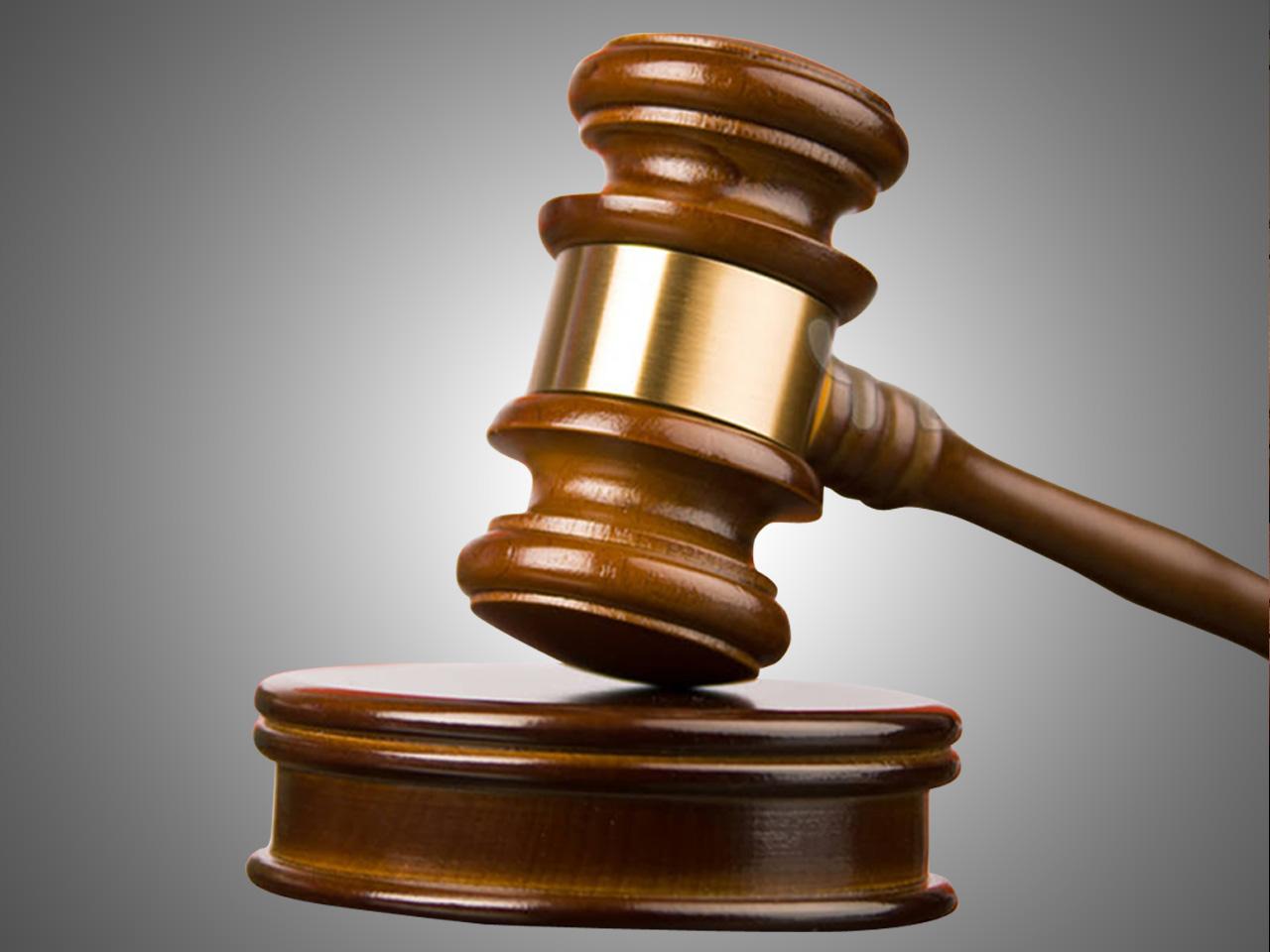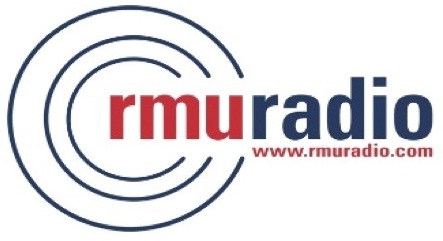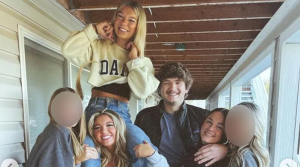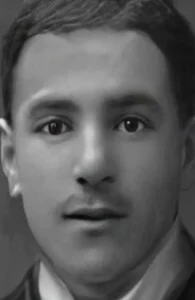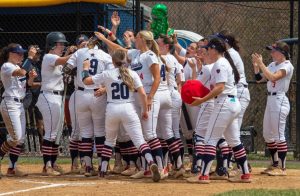First Amendment on Trial: Students debate freedom of religion court case Marsh v. Chambers
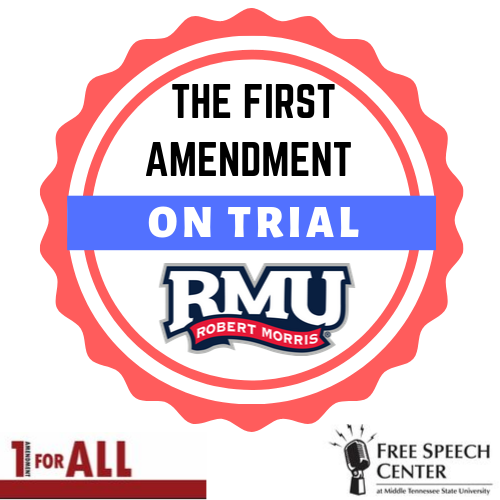
Photo Credit: (First Amendment on Trial)
November 20, 2019
ROBERT MORRIS UNIVERSITY – The third week of the First Amendment On Trial debates featured the freedom of religion.
Debaters Selene Cerankosky and Jacob Toth discussed the Supreme Court case Marsh v. Chambers during the live debate. They delivered their opening statements, rebuttals and had a chance to answer questions from the judge.
“We were presented with the four rights of the amendment, and we were given the opportunity to choose which one to debate,” said Jacob Toth, a sophomore political science student.
Marsh v. Chambers is a 1983 case that examines the Nebraska legislature, who began each of their sessions with a prayer held by a chaplain. A member of the legislature claimed that this violates the Establishment Clause of the First Amendment.
“I believe that freedom of religion is the foundational bedrock of our democracy,” said Toth. “In a way, freedom of religion is also a freedom of conscience, you can’t compel someone to believe or not believe a certain thing.”
Jacob Toth delivers his opening statements first, arguing for the defendant in the Marsh v. Chambers case. The defendant’s view is focused on the historical practice of the prayer, as well as religion’s role in the cultural identity of the United States.
“The main thrust of my argument is that this is a largely historical practice that is consistent even with the time of the drafting of the Constitution,” explains Toth. “Any sort of political group has a genuine interest in pursuing some sort of cultural cohesion that brings people together.”
Selene Cerankosky, a junior criminal justice student follows with her opening statement, arguing for the plaintiff that state chaplaincy does violate the Establishment Clause in the First Amendment.
“I thought Marsh v. Chambers was interesting because it seemed as though it currently wouldn’t be constitutionally acceptable, but it’s still upheld as we speak,” said Cerankosky.
Cerankosky used the Lemon test, a three-part test used to question the constitutionality of a religiously affiliated law.
“I looked at Nebraska law, and I determined that it violated all three statues of the Lemon test, which are primary effectiveness, secular purpose, and entanglement, ” said Cerankosky.
The debate concluded with a chance for both parties to deliver a five-minute rebuttal and answer questions from the judge.
“I did like answering the judge’s questions. They were questions that I would ask myself if I was in a position to scrutinize my argument,” said Cerankosky. “I liked having to navigate around them and coherently respond to them.”
All students were invited to attend and were able to vote for the person with the most compelling argument. Students from local high schools also attended the debate.
After the final votes, Selene Cerankosky was the winner of this week’s debate. The final First Amendment On Trial will take place on Nov. 21 at 1:30 p.m. in the Academic Media Center.




